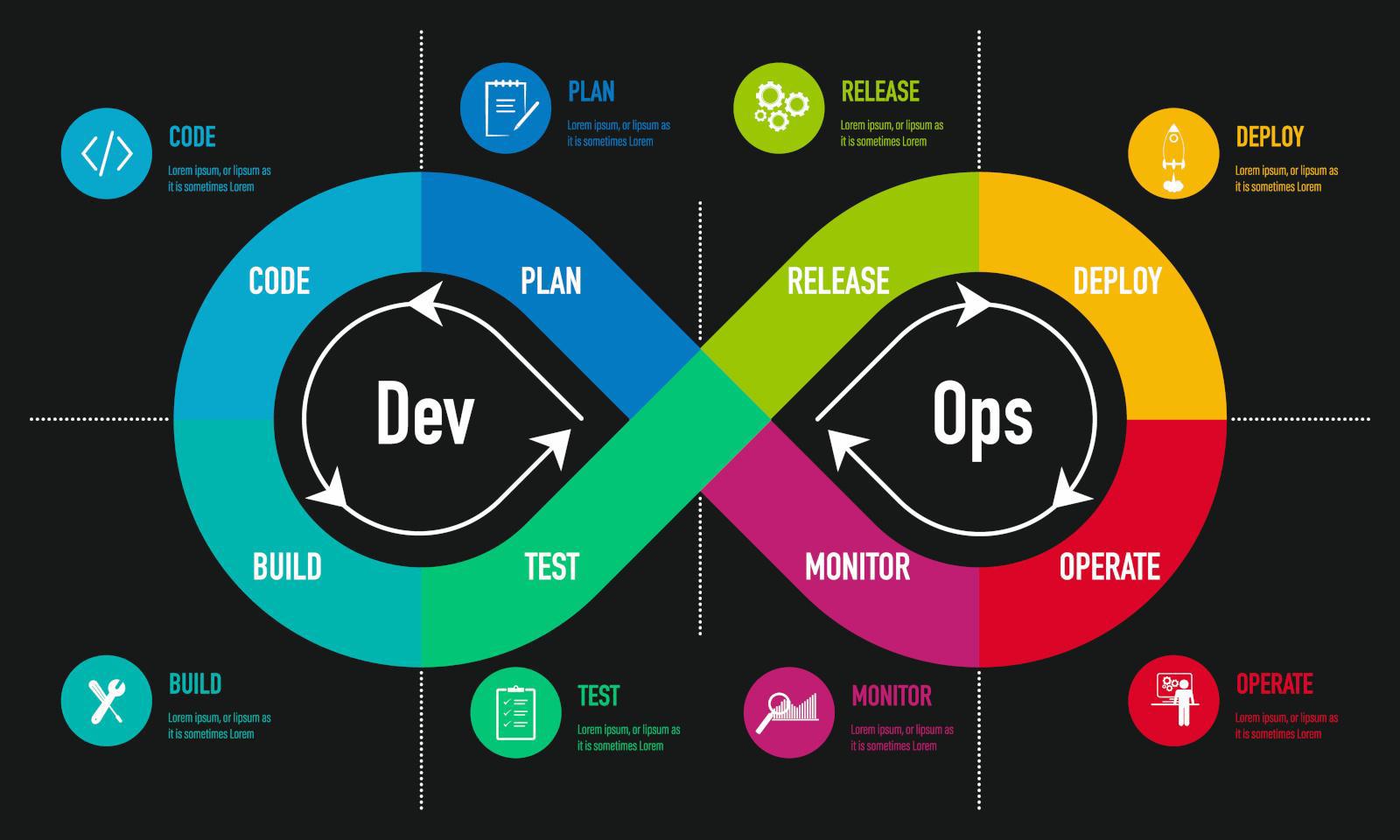The Role of DevOps in Modern Software Development

The Role of DevOps in Modern Software Development
In today’s fast-paced tech industry, delivering reliable software quickly is essential for staying competitive. DevOps, a methodology that bridges the gap between development and operations, has become a cornerstone of modern software practices. Michael Davis, a DevOps engineer from Toronto, Canada, specializes in building efficient pipelines that enable teams to deliver robust software at scale.
What Is DevOps?
DevOps combines cultural philosophies, practices, and tools to streamline the software development lifecycle. It emphasizes collaboration between developers and IT operations, automation of repetitive tasks, and continuous delivery of value to users. As Michael explains, “DevOps is about breaking down silos and creating a unified workflow where everyone is aligned toward the same goal: delivering quality software faster.”
Key Principles of DevOps
Michael highlights several principles that define DevOps practices:
Continuous Integration and Continuous Delivery (CI/CD)
Automating the process of integrating code changes and delivering them to production ensures faster and more reliable releases. Michael often uses tools like Jenkins and GitLab CI/CD to set up robust pipelines.
Infrastructure as Code (IaC)
By managing infrastructure with code using tools like Terraform or Ansible, DevOps teams can create scalable, repeatable environments. Michael notes, “IaC eliminates manual configuration errors and makes infrastructure deployment consistent.”
Monitoring and Feedback
DevOps relies heavily on real-time monitoring to detect issues before they affect users. Tools like Prometheus and Grafana help Michael’s team track performance metrics and respond proactively.
Collaboration and Communication
Breaking down barriers between teams fosters better understanding and alignment. Michael emphasizes open communication channels to ensure that everyone, from developers to system administrators, is on the same page.
Benefits of DevOps
DevOps practices offer numerous benefits, including:
- Faster Time to Market: Automated workflows speed up development cycles.
- Improved Quality: Continuous testing and feedback loops catch bugs early.
- Scalability: Cloud-native tools and IaC ensure systems scale with demand.
- Enhanced Team Collaboration: DevOps promotes a culture of shared responsibility and trust.
Real-World Impact
Michael recalls a project where implementing a DevOps pipeline significantly improved productivity. A client’s deployment process used to take hours, often leading to downtime. By automating builds, tests, and deployments, Michael reduced deployment time to under 10 minutes. “The team was thrilled—they could focus on innovation instead of firefighting,” he says.
Challenges in DevOps Adoption
Transitioning to DevOps can be challenging. Resistance to cultural change, lack of expertise, and tool complexity are common hurdles. Michael advises starting small: “Focus on automating one part of the workflow, like CI, and build from there. Success will encourage adoption.”
Future of DevOps
As software complexity grows, the importance of DevOps will only increase. Michael predicts greater adoption of AI and machine learning to optimize DevOps workflows, making them even more efficient.
Conclusion
DevOps is not just a set of tools—it’s a mindset. By automating processes, fostering collaboration, and continuously improving workflows, DevOps engineers like Michael Davis enable teams to deliver software that meets user needs and adapts to changing demands.
As Michael aptly puts it, “DevOps isn’t about working harder—it’s about working smarter. When done right, it transforms how teams build and deliver software.”

